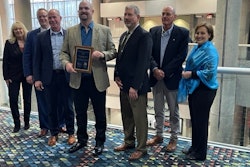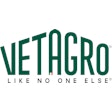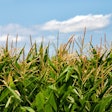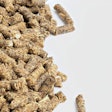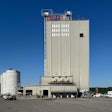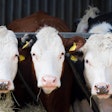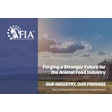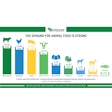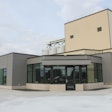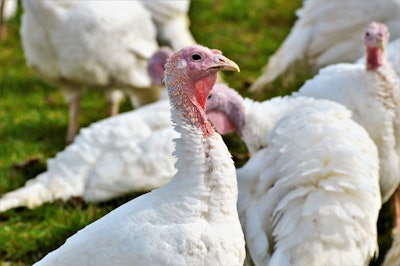
The highly pathogenic avian influenza (HPAI) outbreak of 2022 in the U.S. was entirely different from the first time the Eurasian strain of HPAI reached the U.S. in 2015, said Dr. Louise Dufour-Zavala, executive director of the Georgia Poultry Laboratory Network.
Wildlife species were impacted at a much higher rate in 2022 than they were in 2015, with the first outbreak impacting almost exclusively commercial operations. The decrease in commercial deaths is largely due to increased biosecurity measures the poultry industry has adopted since 2015.
Dufour-Zavala shared her comparison between the U.S.’s only two HPAI outbreaks in history at the International Production and Processing Expo program Biosecurity: Preparedness Must Be Perpetual, hosted by the American Feed Industry Association.
The presentation focused on how the feed industry can remain vigilant in the area of biosecurity to prevent major poultry and livestock die-offs from foreign animal diseases like HPAI and African swine fever.
A variety of wild bird populations have tested positive to HPAI including Herring gulls, Sabine’s gulls, Sanderlings, Dunlins, Canada Geese, Mallard, Ring Necked and nearly every species of duck.
HPAI can easily be transmitted from ducks and other waterfowl to commercial poultry flocks, but biosecurity measures at pullet and broiler farms, breeding operations and layer complexes can greatly reduce the spread of the disease.
Dufour-Zavala’s recommendations for avoiding HPAI in the commercial bird space include:
- Adding a line of separation
- Controlling visitors
- Controlling animals/ wildlife
- Safe mortality disposal
“Before placing a foot in the chicken house, have you effectively separated the inside from the outside?” Dufour-Zavala asked. “Biosecurity plans greatly diminish the chances of spreading viruses.”
Dufour-Zavala has been the executive director of the Georgia Poultry Laboratory Network at Gainesville since 2007 and is an internationally respected veterinarian who has an impressive track record in working with the Georgia poultry industry.
A native of Montreal, Dufour-Zavala holds a bachelor’s degree in animal science from McGill University in Montreal, a doctorate of veterinary medicine from the University of Montreal, and a masters of avian medicine from the University of Georgia.






